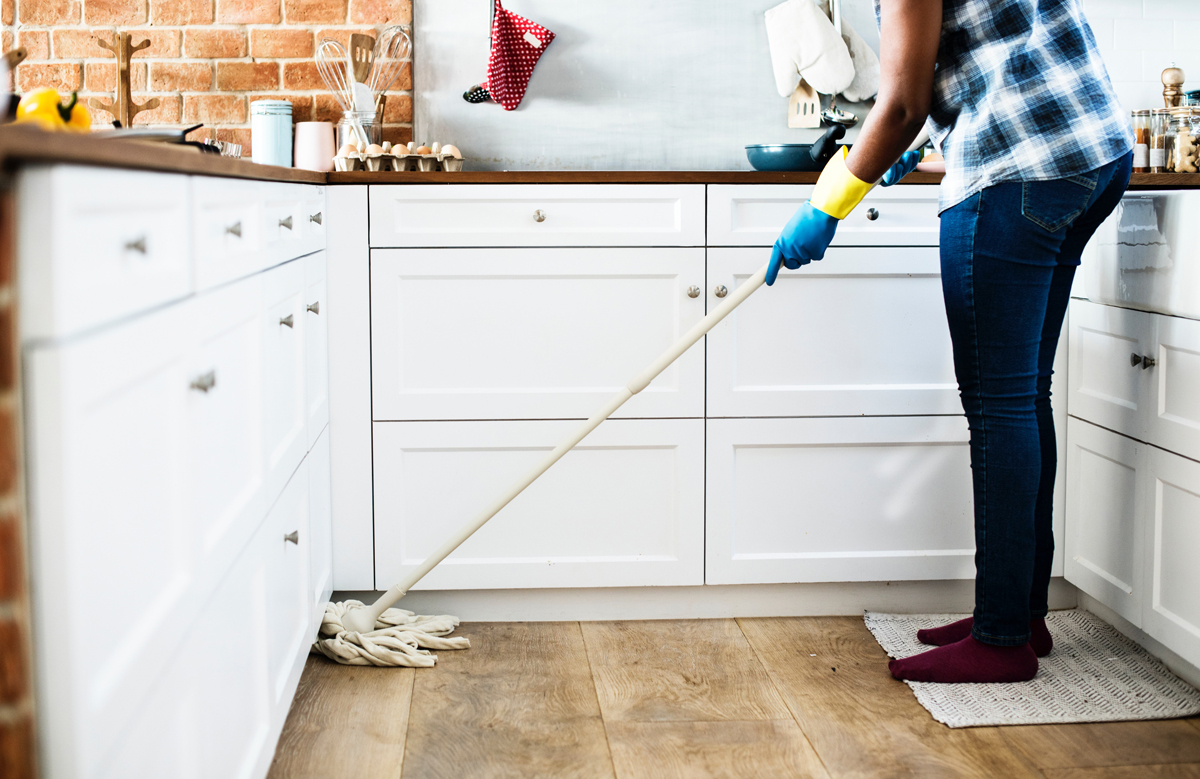5 cleaning industry trends for 2019
 Darryl | Hygiene Advisor
Darryl | Hygiene Advisor
It’s an unpredictable world, but we can still look around us, see what’s changed over the last year, what’s gaining popularity, what’s falling out of favour, and how attitudes and perceptions around commercial cleaning are changing. Here’s our round-up of 5 trends and issues to be aware of throughout 2019, so you can stay ahead of your competition.
Plastic
This one’s far and away taking the headlines ahead of the rest. It’s massive. At every level, businesses are growing more and more conscious of the need to drastically cut down the amount of non-biodegradable waste we put into landfill, and plastic bottles, cloths and cleaning equipment are going to be some of the predominant targets of these campaigns. And as clients have stricter plastic-reduction requirements to meet, they will put more pressure on their suppliers, including their cleaning companies, to prove they’re using a responsible system.
The primary solutions so far centre around biodegradable packaging and equipment – including cloths made from plant material instead of plastic – and the reduction of plastic bottle usage through super-concentrate chemicals instead of ready to use. Expect to feel more pressure to follow these routes this year.
Automation technology
In the last 18 months, there’s been a growing wedge of robotic machines invading every cleaning exhibition in Europe. It seems like the future of floor care will be far less labour intensive, as floor cleaning machinery is already a significant investment, many cleaners will find it worthwhile to spend a bit more on an autonomous machine to reduce their employment costs.

We’ll be seeing more smart devices around too – as the Internet of Things becomes part of everyday domestic and commercial life, there will be more connected devices, particularly in washroom dispensers, air quality control, and waste disposal. Be ready for resource management to be run in real time by an app on your phone instead of manually.
Unreliable ‘Eco-friendly’ claims
We’re already seeing this a lot, but there’s no doubt it will increase dramatically throughout the rest of the year. It’s not surprising that businesses are trying to capitalise on the rising importance of environmental concerns in consumers’ minds, but some brands aren’t approaching it ethically.
The majority of new chemicals that gets offered to us by manufacturers have some kind of environmentally friendly claims, but not all of them stack up to proper investigation. Often they’ve simply made weak, watery products to reduce their hazard rating. Or worse, changed nothing at all, just written ‘Eco-friendly formulation!’ on the label. Don’t be afraid to ask for genuine technical proof of environmental claims.
Waste management
In the UK we put 57 million tonnes of rubbish in the ground every year. In 2010 analysts were predicting we would run out of landfill space by 2018 and frankly, it’s happening. During this year traditional waste disposal is likely to become more expensive and unpopular, leading to companies wanting to find more careful methods of waste handling. A higher proportion of recycling, clearer differentiation of waste streams, and reducing the amount of plastic sacks used for waste disposal are concerns that facilities management and cleaning companies that deal with clients’ waste are going to have to pay a lot more attention to by the end of 2019.
Growth of the domestic sector
One of the dominant societal trends of the 2010s has been the growth in how much time people are spending on leisure activities. Whether it’s health and fitness or the consumption of mass media, it means the average working adult is spending less time on domestic chores than 10-15 years ago – and that trend is moving at an increasing pace.
This, combined with a 3.5% rise in disposable incomes for working households in 2018, makes a greater proportion of the population able to afford cleaning, laundry and maintenance services. There’s a growing market out there for domestic cleaning companies to chase, and those that are proactive with their marketing are going to win good business from households looking to engage cleaners for their first time.
Obviously, these aren’t the only changes that are going to affect cleaning businesses. There’s a lot of new products and systems being introduced the whole time, and the relationship between cleaning companies, clients and staff, will continue evolving all the time.
![]()





